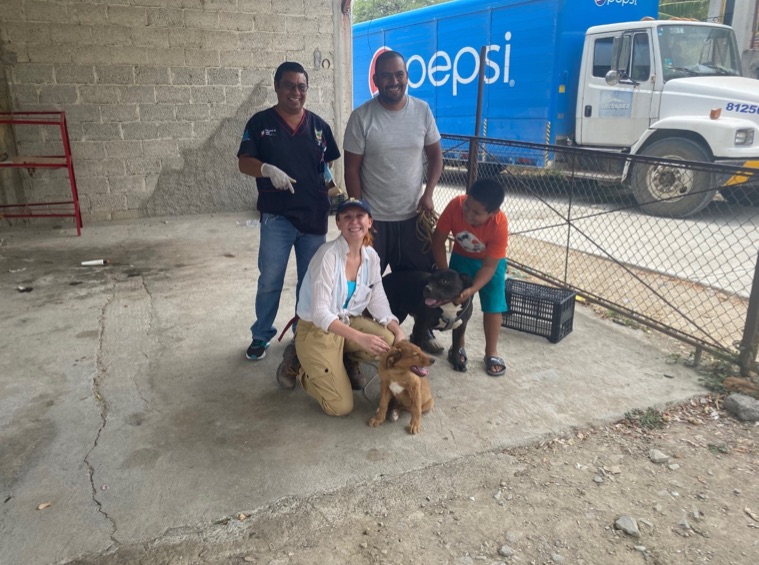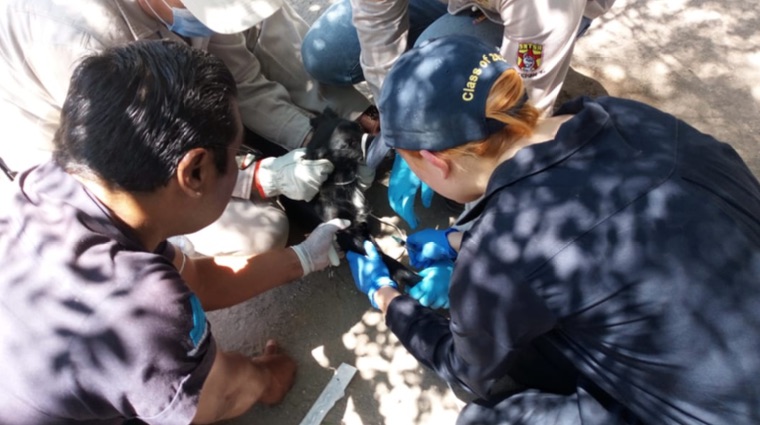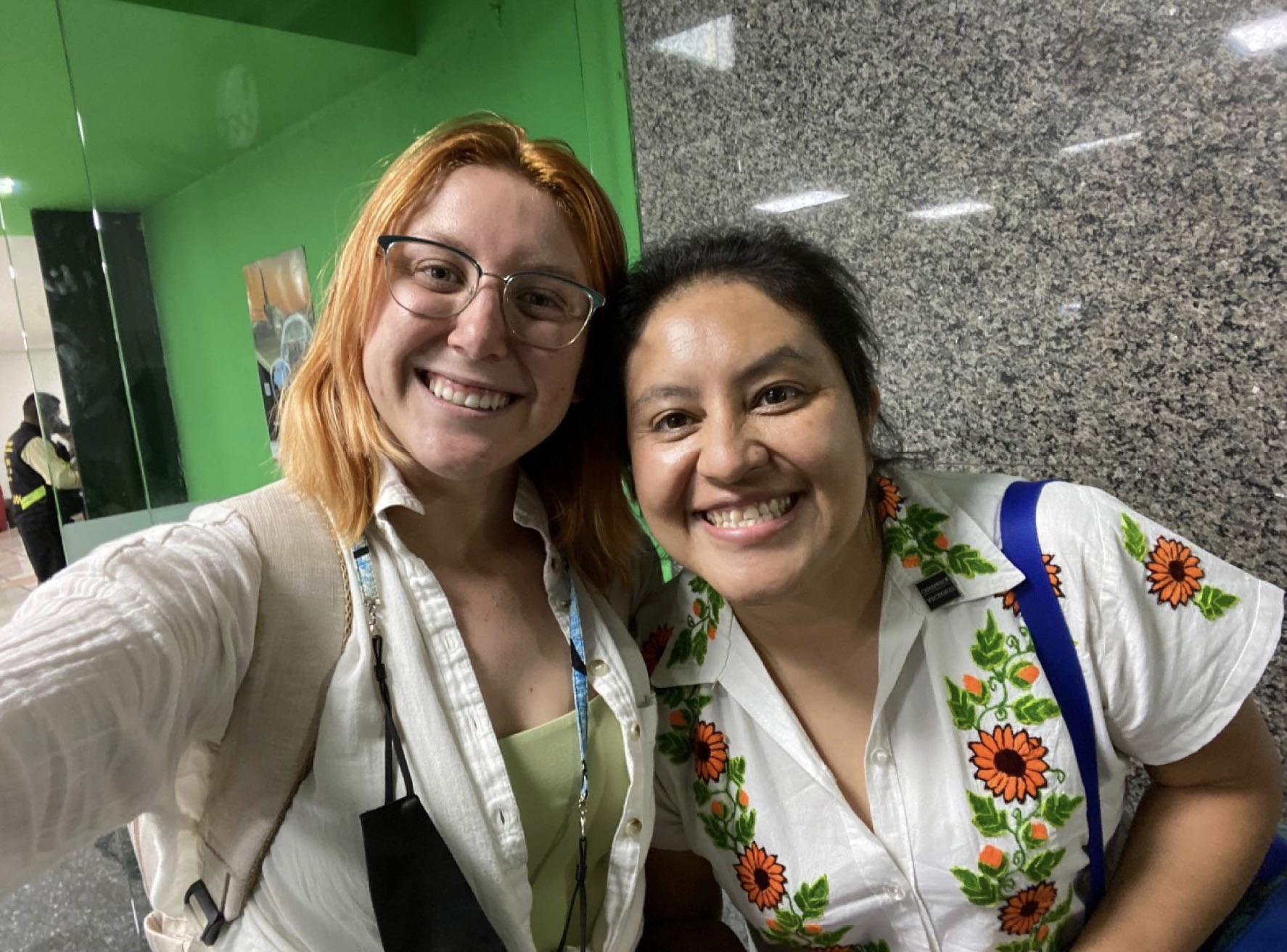Alexa Montegna
Detection of Chagas Disease in the Cats and Dogs of Hidalgo, Mexico
Hello, my name is Alexa Montegna and I am currently a third year student at the UC Davis School of Veterinary Medicine. This summer I was awarded the Global Feline and Underserved Community Fellowship from Global Programs to investigate the distribution and prevalence of Chagas disease in the state of Hidalgo, Mexico. As a veterinarian, I aim to investigate zoonotic diseases within rural communities and incorporate elements of public health and biosecurity into the practice of small animal and avian medicine.
Chagas disease is caused by a zoonotic protozoan parasite called Trypanosoma cruzi or T. cruzi. It can be transmitted between animals and humans through the vector known as the Kissing Bug. These flying insects are endemic to many tropical and subtropical regions of Central America in addition to some parts of Texas in the United States. Individuals bitten by the Kissing bug and infected with T.cruzi may experience acute or chronic forms of Chagas disease. Acute infection presents with flu-like symptoms and recedes within a week or two as the body clears the parasites. However, long term parasite burden can lead to chronic Chagas disease, which presents as severe life-threatening cardiovascular damage, sometimes 10-30 years later. The unique nature of this disease makes it difficult for researchers to track, as many individuals acquire acute Chagas disease early in life, mistake it for the common cold and do not receive proper treatment. Surveillance of this disease in both animal and human populations is essential to learn how to manage the spread of Kissing Bugs, and increase prevention techniques within these communities.
The project I completed this summer was designed with this goal in mind. Working alongside the Hidalgo state Secretary of Health vector-borne disease program coordinator, Josephina Ramos Frias, and lead Chagas disease researcher Dr. Rebeca Manning Cela, we developed a surveillance project to better understand the prevalence of this disease in Hidalgo, Mexico. Dried and serological blood samples of domestic cats and dogs were collected to test for acute parasite loads through PCR amplification of extracted DNA at the CINVESTAV National Polytechnic Institute in Mexico City. Over the course of four weeks, I collected over 250 blood samples from cats and dogs of residents of Metztitlán, Huejutla, and Huichapan with the help of local public health veterinarians. During this time I practiced clinical skills, such as general examination, taking vitals and phlebotomy, and also learned new ways to communicate with clients. After sample collection, I returned to Mexico city to process the samples. With the help of Dr. Rebeca Manning Cela and her laboratory staff, we were able to complete double PCR amplification of 180 samples and run gel electrophoresis of the PCR products to identify bands with a molecular weight corresponding to the T. Cruzi parasite protein. Identifying T. Cruzi infection by this method is only possible when the animal is acutely infected, and will not show chronic infection loads. After processing the samples we identified no acute infections in the patients. Serological samples will be kept at the laboratory and continue to be processed to identify chronic Chagas disease in these animals. This information will be useful in identifying areas of focus on future Chagas disease research and public health efforts.




